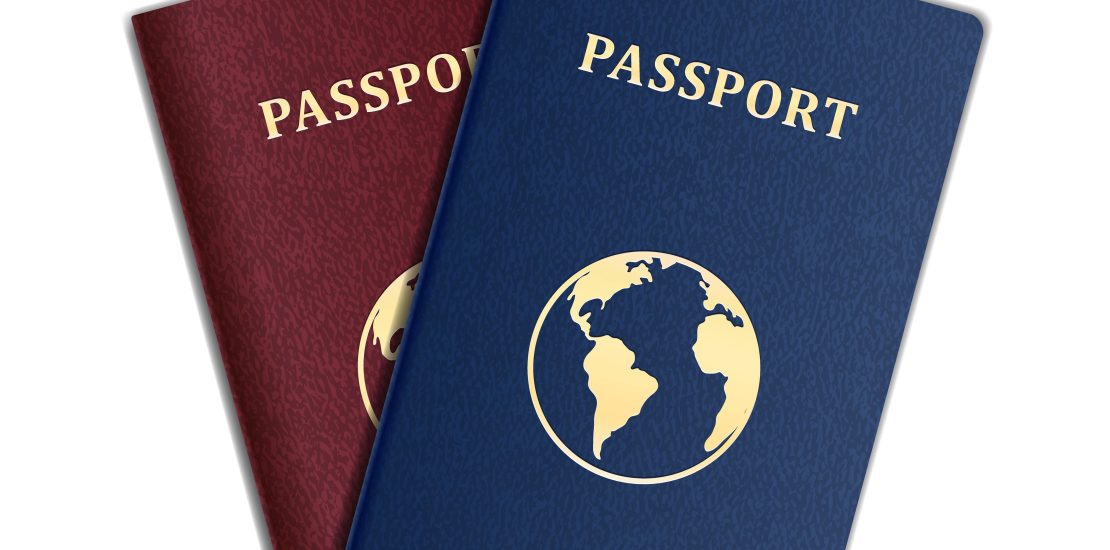
In an era defined by connectivity and global interdependence, the concept of dual citizenship has emerged as a powerful testament to a person’s multi-faceted identity. Holding citizenship in two countries is more than a legal status—it’s an embodiment of a global perspective. This blog post will delve into the advantages of embracing dual citizenship and the unique opportunities it presents for a more diversified and enriched life.
In a world where borders are becoming increasingly permeable, dual citizenship offers unparalleled global mobility. Individuals with dual citizenship enjoy the freedom to travel between their two countries without the constraints of visas or residency requirements. This not only facilitates business and leisure but also fosters a seamless connection to family and cultural roots.
Dual citizenship opens doors to a wealth of opportunities across education, employment, and lifestyle. Individuals can selectively choose the benefits of each country, whether it’s tapping into the robust job market in one and enjoying the social services in the other, creating a dynamic blend that aligns with personal aspirations.
Having dual citizenship often means being deeply connected to two distinct cultures. This cultural richness fosters a broad worldview, tolerance, and an appreciation for diversity. Individuals can celebrate traditions, speak multiple languages, and cultivate a sense of belonging in both countries, contributing to a more nuanced and inclusive global identity.
From an economic perspective, holding dual citizenship can be a strategic move. It allows individuals to invest, own property, and conduct business in both countries, safeguarding financial interests and positioning them to capitalize on economic opportunities in both regions.
Dual citizens have the privilege of participating in the political processes of both countries. This involvement may include voting in elections, advocating for policies that align with personal values, and contributing to the democratic discourse in a meaningful way, thereby exercising a unique form of global citizenship.
In times of political unrest or uncertainty in one country, dual citizenship provides a safety net. Individuals can seek refuge in their second home, ensuring the safety and well-being of themselves and their families during challenging times.
In conclusion, dual citizenship transcends a mere legal arrangement; it’s a passport to a richer, more versatile life. From global mobility and economic opportunities to cultural enrichment and political engagement, the advantages are as diverse as the countries one calls home. Embracing dual citizenship is an empowering choice, allowing individuals to navigate the world with a unique sense of pride and global belonging.





